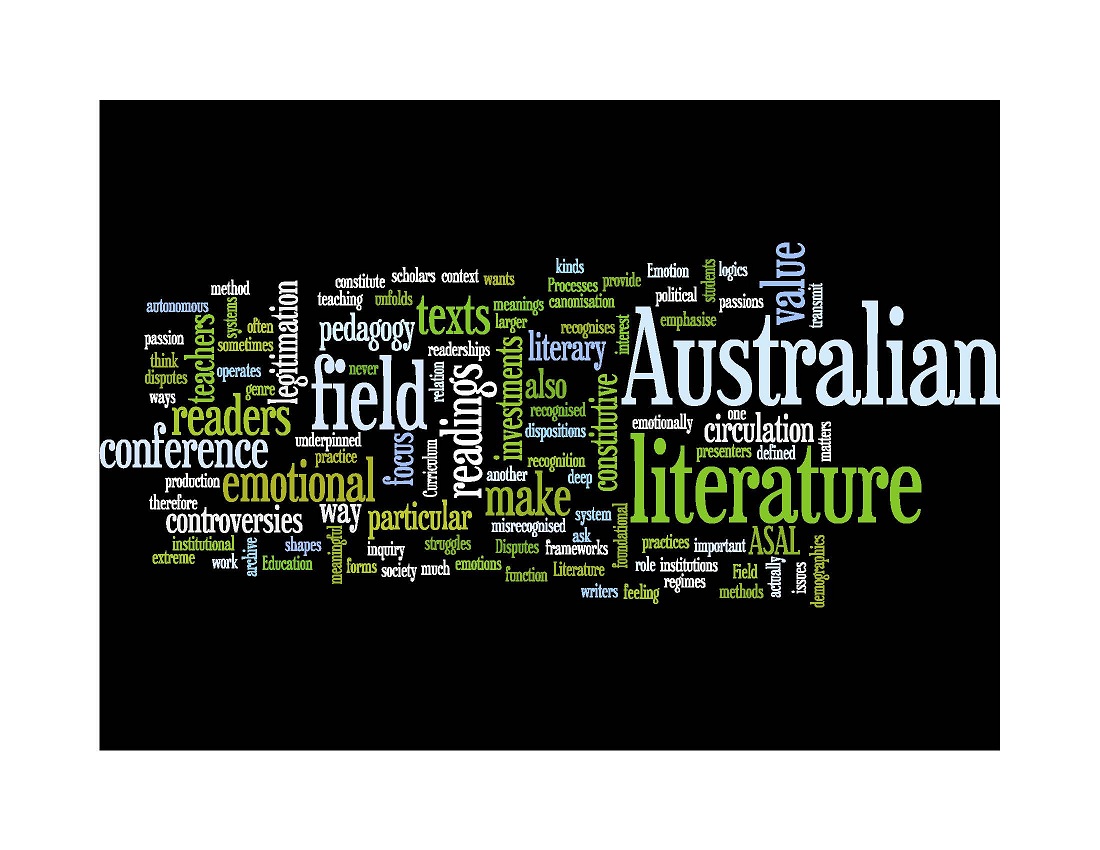Mary Gaunt and the Modern Waning of Affect
Keywords:
Mary Gaunt, travel writingAbstract
Prolific author and inveterate traveller Mary Gaunt (1865-1942) embodied and enacted her ideal of the enterprising white colonial woman in her three texts on Jamaica, including two works of non-fiction: a history titled Where the Twain Meet (1920); a travel book titled In Jamaica: Reflections (1932), and one historical novel titled Harmony (1933). The white colonial subject she celebrates is, in her view, best equipped to exploit the unrealised potential of Jamaica because of her particular mobility through the metropole and across the dominions of empire. This mobility also situates the colonial in time as a resolutely modern subject, one who is not locked in the past but attuned to the present and the future.
This paper argues, however, that the colonial’s seeming capacity to align the spaces and times of modernity is arrested in Gaunt’s writing by her performance of disregulated affect and a failure of sympathy. Her writing explicitly constructs a writing subject caught between the conventions of literary transport and the actual transport of her travels in ways that position her as too close to, or too distant from, people and place. This paper will first identify a range of these misalignments in Gaunt’s work and then consider them as indicative of a dilemma at the heart of modern fiction, and of the reading subject of modernity more generally.
Downloads
Issue
Section
License
The copyright for articles in this journal is retained by the author(s), with first publication rights granted to the journal. By virtue of their appearance in this open access journal, articles are free to use with proper attribution in educational and other non-commercial sectors.Attribution-NonCommercial-ShareAlike 2.1 Australia
This work is licensed under the Creative Commons Attribution-NonCommercial-ShareAlike 2.1 Australia License. To view a copy of this license, visit http://creativecommons.org/licenses/by-nc-sa/2.1/au/ or send a letter to Creative Commons, 543 Howard Street, 5th Floor, San Francisco, California, 94105, USA.

